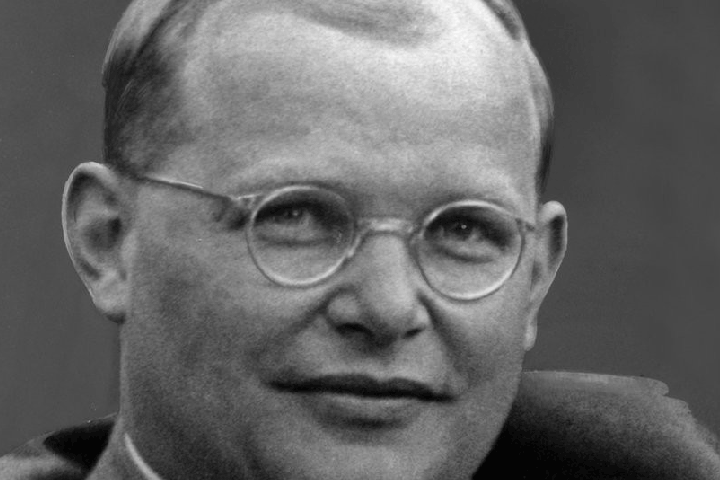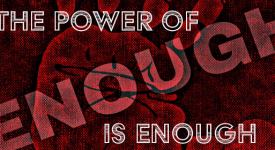Many pastors kissed the ring on Adolf Hitler’s finger. They wanted to stay alive. They needed positions of power and the respect of human beings. But what they forgot was that history would remember them as the Judases, those who preferred to see evil and evil men and women grow into monsters that devour innocent people. But not Bonhoeffer.
As the life of Dietrich Bonhoeffer shows, no equivocation can exist between knowing Jesus and seeing evil thrive in society. A church can only be a church if it rejects colluding with oppressors. The relevance of any church that calls [on] the name of Jesus is contingent on the distance between its theological professions, its leaders, and its permittance of and proximation to evil. Bonhoeffer, the theologian, exemplified conviction that evil can not last for too long. Twenty-three days after Hitler ordered his execution, Hitler himself committed suicide because his end has come. But we remember Bonhoeffer today as an exemplary personification of Christ’s followership.
But prior to his coming on the stage of fame, Dietrich had been influenced by his father. His father Karl Bonhoeffer, “a renowned psychiatrist” and neurologist, and “professor at the University of Berlin,” had “chastised the emperor for his terrible attitude toward poor people. And what else would you expect? He was dismissed from the university–as Dietrich, too, would, years later. The bottom line is: it is difficult to be a Christian and watch evil grow, let alone be the perpetrator of monstrous evil.
At 39, Dietrich Bonhoeffer confronted death at the hands of his Hitler-ordered executioners, saying that: “This is for me the end, the beginning of life.” Every believer needs to pray to God to give them a Bonhoeffer-type leader-pastor, and if the leader is not ready to take up that duty of faith, to be a thorn in the flesh of evil men and women; that God will make you another Bonhoeffer.
The credibility of any faith system is based on its distance or romance with social, political, and economic evils: poverty, repression, homelessness, corruption, and megalomania.
Source








